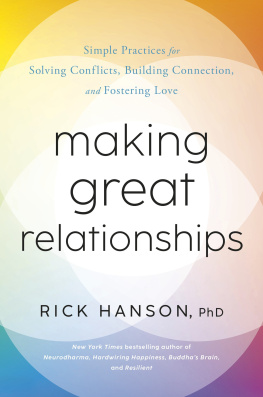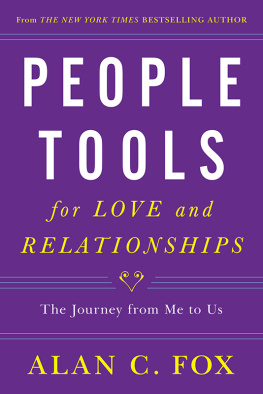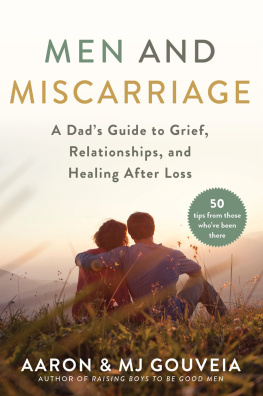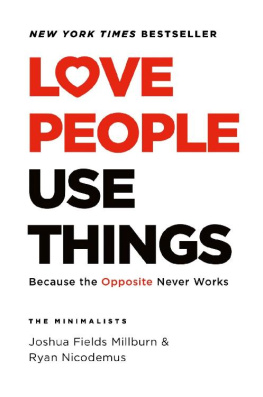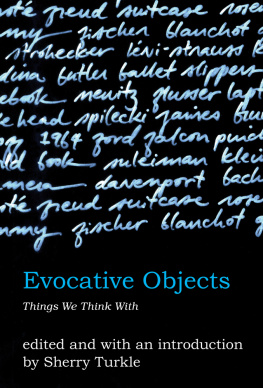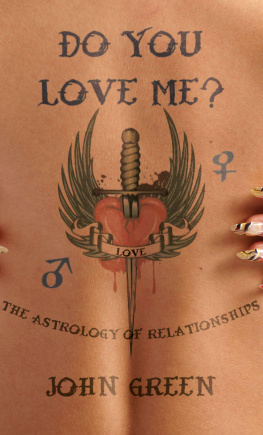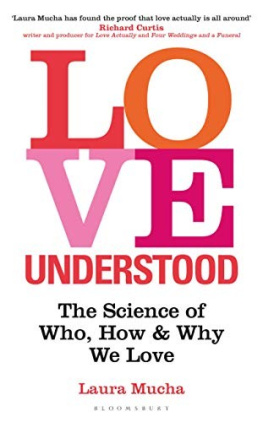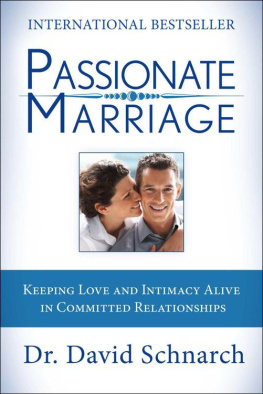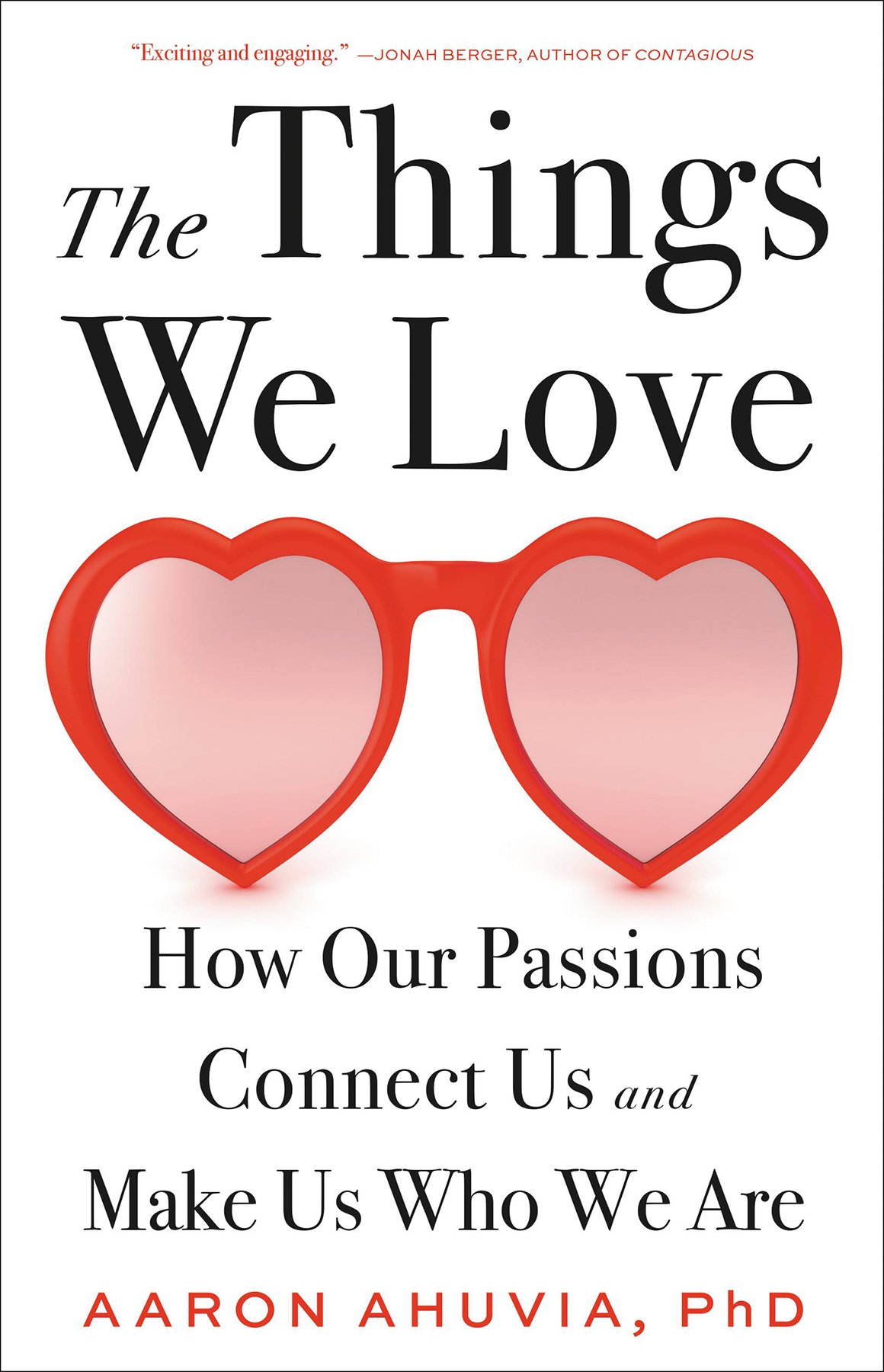
Copyright 2022 by Aaron Ahuvia
Cover art Getty Images
Cover design by Julianna Lee
Cover copyright 2022 Hachette Book Group, Inc.
Hachette Book Group supports the right to free expression and the value of copyright. The purpose of copyright is to encourage writers and artists to produce the creative works that enrich our culture.
The scanning, uploading, and distribution of this book without permission is a theft of the authors intellectual property. If you would like permission to use material from the book (other than for review purposes), please contact permissions@hbgusa.com. Thank you for your support of the authors rights.
Little, Brown Spark
Hachette Book Group
1290 Avenue of the Americas, New York, NY 10104
littlebrownspark.com
twitter.com/lbsparkbooks
facebook.com/littlebrownspark
Instagram.com/littlebrownspark
First ebook edition: July 2022
Little, Brown Spark is an imprint of Little, Brown and Company, a division of Hachette Book Group, Inc. The Little, Brown Spark name and logo are trademarks of Hachette Book Group, Inc.
The publisher is not responsible for websites (or their content) that are not owned by the publisher.
The Hachette Speakers Bureau provides a wide range of authors for speaking events. To find out more, go to hachettespeakersbureau.com or call (866) 376-6591.
The author wishes to thank the following for the illustrations, photographs, or charts , courtesy of Dani Clode Design, daniclode.com.
ISBN 978-0-316-49820-3
E3-20220609-JV-NF-ORI
To Ruth, Syd, Hannah, Aura, Isaac, and Jonah, who taught me what I really needed to know about love
I N 1988, I HAD RECENTLY STARTED THE P H D PROGRAM IN MARKETING at Northwestern Universitys Kellogg School of Management and was fortunate enough to take a course with the marketing legend Philip Kotler. (He is so well known that once, when I was giving a lecture in Kazakhstan, an amazing three hundred people showed upnot to hear me but to hear a lecture by a mere student of the famous Phil Kotler!) Professor Kotler explained that marketing isnt just for businesses; its for everyone. Nonprofit organizations need marketing; politicians need marketing; even single people looking for romance are essentially marketing themselves, too.
I was in my twenties and single at the time. So although marketing was fairly interesting, dating was a lot more interesting. And in the late 1980s, dating services were just starting to take off. Professor Kotler agreed that I could write my term paper on the similarities between marketing and dating. He told me about a professor of communications studies, Mara Adelman, who shared my interest. Together, she and I published a string of papers about the ways in which dating services were influencing romantic relationships. These papers attracted a lot of media attention, and I even ended up on The Oprah Winfrey Show.
That was great fun, but when it came time for me to pick a dissertation topic, I knew I needed to write something that would get me hired as a professor at a good business school. Studying dating services could land me on Oprah, but it wouldnt help me get a job. I had, however, invested years of work in becoming an expert on the psychology of love. Was there some way I could take advantage of all that knowledge?
Then it hit me. People talk about loving things all the time. Should we take this talk literally, or is it just another overwrought metaphor? And if people really do love things, what can the research into interpersonal love tell us about that? I was hardly the first person to notice that people love things. But to my good fortune, I was the first person to collect scientific data specifically on this kind of love, which in marketing circles came to be called brand love. It has remained a professional interest of mine for more than thirty years.
Although Im a marketing professor, my research has always been grounded in psychology, philosophy, and sociology. In my PhD program, there was a saying: We study consumers the way marine biologists study fish, not the way fishermen study fish. In keeping with that idea, this book is written for anyone curious about what love is and how it works. You will find a science-based exploration of the psychology of loving things rather than a how to marketing book. That said, its wonderful when businesses, artists, and nonprofit organizations focus on producing things that people truly love. The insights in this book will be useful to anyone committed to that sort of mission.
Even though the title of this book is The Things We Love, its not really about things; its about people. Thats because, to a surprising extent, our love of things is really about creating our identities and connecting to the people we care about. In this book, youll see how we use things to help us discover who we are, who we want to be, and how to become that best version of ourselves. We also use things to support our close relationships and to manage our reputations with the many people whom we may not be intimate with but who still matter to us.
This book provides scientifically grounded answers to common questions such as: How does our love of things compare to our love of people? Why do we love certain things and not others? Why doesnt everyone love the same things we do? Why do things play such a large role in our lives? Whats the difference between loving something and just thinking its really great? Does loving things detract from loving people?
Regarding terminology, Im using the word things very broadly to mean everything that isnt a person. Therefore, things can denote not only objects but also activities, as in Do your own thing and Lets do something tonight. Its useful to talk about the love of both objects and activities because in practice they are hard to separatee.g., your love of your phone is wrapped up in all the things you do with it.
The word things also denotes animals, for which I preemptively beg the forgiveness of my fellow animal lovers. I call animals things simply because I want to discuss our love for them in this book, and continually writing the things and animals we love is just too wordy.
Id like to clarify one more phrase: love object is a psychological term that in principle means anything a person loves, but in psychology it usually refers to a person (e.g., The mother is the babys first love object). This may well be the first book in which the phrase love object refers primarily to things rather than people.
Whether you are a hobbyist, a nature lover, a marketer, a designer, an entrepreneur, a sports fan, or a music loveror if youre passionate about something elseI hope you find something in this book that gives you insight into yourself and other people and helps you lead a richer life.
It is good to love many things, for therein lies strength, and whosoever loves much performs much, and can accomplish much, and what is done with love is well done.
V INCENT VAN G OGH
T HERE ARE MANY BOOKS ABOUT THE PSYCHOLOGY OF LOVE, but this one is different. This book is about our love for things, including the things we cant bear to part with and the things we love to do, each of which we have somehow managed to select from a staggering array of options. For example, on a typical shopping trip to Walmart, which stocks more than 140,000 items, we may walk past more products in an hour than most of our ancestors would have encountered in several lifetimes. And Walmart is small beer compared to Amazon, which sells more than two hundred million different things. Along with this enormous list of products to choose from, there are also the things we love that arent for sale, such as our country and things we make ourselves.


